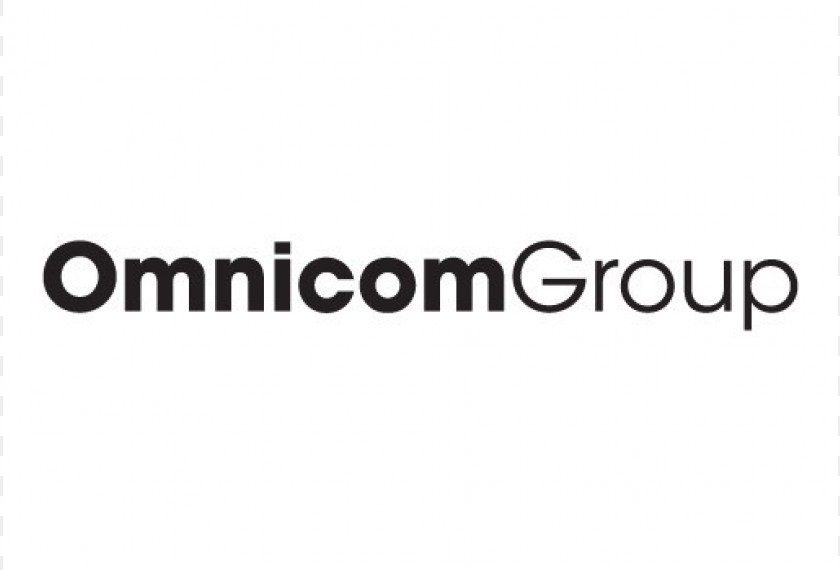Omnicom Group’s staggering acquisition of Interpublic Group in a $13.3 billion all-stock deal has sent shockwaves through the advertising industry, creating the world’s largest advertising agency. The announcement of this monumental merger on Monday underscores the seismic shifts occurring in the traditional advertising landscape as AI and Big Tech continue to redefine industry norms and reshape competitive dynamics.
“The merger of Omnicom and Interpublic marks a pivotal moment in the evolution of advertising agencies, where adaptability and scale are paramount in navigating the challenges posed by emerging technologies and digital platforms,” stated a leading industry analyst.
Challenges and Opportunities Ahead
The merger, set to be finalized in the second half of 2025, positions Omnicom shareholders to hold a majority stake of 60.6% in the combined entity, with Interpublic shareholders retaining 39.4%. With a strategic aim to achieve $750 million in annual cost savings, the merger is poised to transform the global advertising landscape by consolidating resources and expertise under one roof.
John Wren, the CEO and Chairman of Omnicom, is slated to lead the newly formed entity, supported by Interpublic CEO Philippe Krakowsky and COO Daryl Simm, who will serve as co-Chief Operating Officers. This powerhouse leadership team seeks to propel the combined company to annual revenue surpassing $25 billion, eclipsing competitors WPP and Publicis Groupe.
Navigating Disruptive Forces
The convergence of Omnicom and Interpublic comes as a strategic response to the rising dominance of tech giants like Google and Amazon in attracting advertising budgets through streamlined platforms and AI-powered solutions. As AI continues to revolutionize content creation and delivery, traditional advertising agencies face mounting pressure to demonstrate their value proposition in an increasingly digitized marketplace.
As industry dynamics evolve, the successful integration of Omnicom and Interpublic will be crucial in reshaping the competitive landscape and driving innovation in client services. “This merger represents a bold move towards synergizing expertise and resources to deliver cutting-edge solutions that address the evolving needs of clients in an era defined by digital disruption,” remarked a senior industry executive.
Anticipating Market Response and Future Trends
While the initial market reaction saw Interpublic shares surge by nearly 15% in premarket trading and Omnicom shares decline by 4%, analysts are closely monitoring the long-term implications of this transformative merger. The deal’s potential to catalyze further consolidation within the advertising and ad tech sectors underscores the industry’s quest for agility and relevance in an era of rapid technological advancement.
The rise of data-driven insights and AI capabilities as essential differentiators in the advertising landscape underscores the imperative for firms to innovate and adapt swiftly to changing market dynamics. As Omnicom and Interpublic embark on this historic merger, the industry braces for a new era of competition, collaboration, and evolution in the ever-evolving advertising ecosystem.









